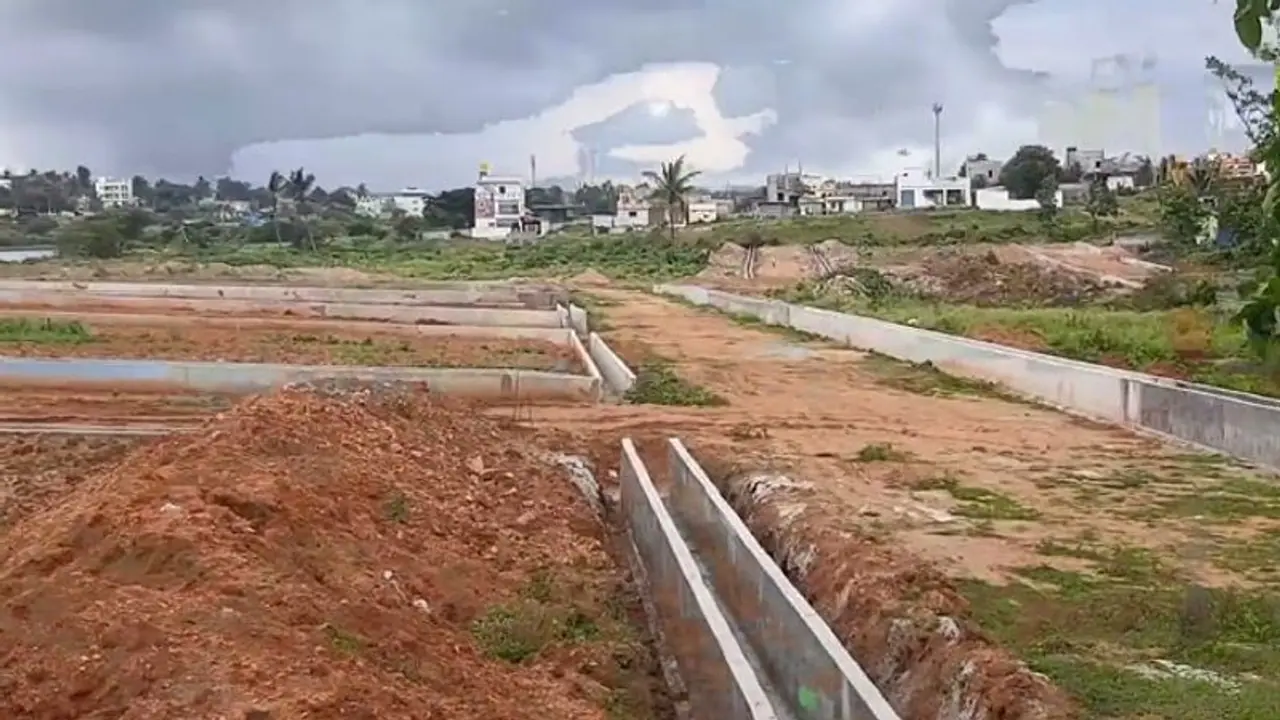The Bengaluru Development Authority (BDA) is under scrutiny for constructing residential sites on 23 lakes without approval. A legislative committee's report demands judicial investigation and action against the guilty. Bengaluru's lakes have significantly reduced, with encroachments and poor management further exacerbating the issue.
The Bengaluru Development Authority (BDA), responsible for the city's planned development, has come under fire for constructing residential plots on 23 lakes without obtaining approval from the Revenue Department. A recent report by the Karnataka Legislative Assembly's Committee on Local Bodies and Panchayat Raj Institutions has raised serious concerns, recommending that the issue be referred for judicial investigation, with action to be taken against those responsible.

The report sheds light on the unauthorized use of Bengaluru's lakes, which have been repurposed for various developments, including bus stands, sports grounds, national sports villages, and residential complexes. In particular, the BDA's construction of residential plots on 23 lakes without the necessary clearance from the Revenue Department has raised alarm. The committee has recommended that legal action be taken in this matter.
Bengaluru: BDA office struggles with space shortage, officials work amidst dusty files
A site inspection conducted by the committee in October 2023, following a report by the Comptroller and Auditor General (CAG) on rainwater management in Bengaluru's urban area, revealed troubling statistics. The city's lake count, once as high as 1,452 in the 1990s, has drastically decreased to just 210 by 2020. This reduction is mainly due to encroachments and other developments.
Out of the 6,278 acres of lakes in Bengaluru, approximately 907 acres have been encroached upon. Moreover, 865 acres of these encroachments are still pending clearance. The committee has urged the authorities to take immediate action to address this issue.
The report also highlights the alarming reduction in the length of key water bodies. Koramangala Valley, for instance, shrunk from 113.24 km in the past to just 62.84 km by 2016-17. Similarly, Vrishabhavati Valley's canal length has been reduced from 226.29 km to 111.72 km, with other significant water channels also facing reductions. The committee attributes these changes to extensive construction activities in the region.
Bengaluru: BDA to issue fines for unused plots, penalty likely to increase to 25%
Additionally, the report points out the financial losses incurred due to mismanagement in the development of water bodies. The BBMP (Bruhat Bengaluru Mahanagara Palike) reportedly lost ₹83 crore in government grants due to poor implementation of work. This includes ₹58.52 crore from the central government and ₹25.07 crore from the state government. Furthermore, a ₹496.90 crore project assigned to a private company for the development of four valleys was abandoned midway, leaving a gap of ₹35.31 crore in risk and cost recovery.
The committee's findings raise several other issues, including the issuance of work orders without proper administrative approval, poor rainwater drainage systems, and neglect of rainwater harvesting initiatives. With the rapid reduction in the city's water bodies and ongoing encroachments, the need for action has never been more urgent.
